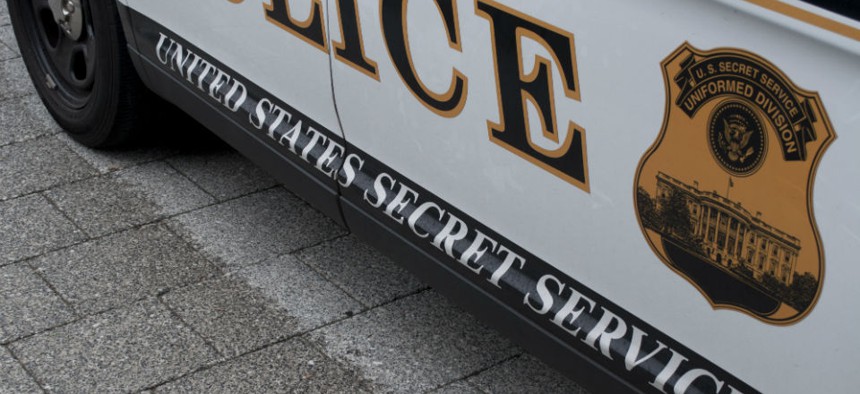
Flickr user tinksparkle
Court Says Black Secret Service Agents Can Sue Government as a Group
The 14-year-old discrimination lawsuit alleges that African-American agents were consistently denied promotions despite their qualifications.
Several African-American Secret Service agents who claim the agency denied them promotions because of their race can sue the government as a group, according to the latest court ruling in a 14-year-old lawsuit.
Three judges for the U.S. Court of Appeals for the District of Columbia on Aug. 1 upheld a lower court’s decision to allow eight plaintiffs to sue as a class against the Homeland Security Department on behalf of 120 black agents denied promotions to GS-14 and GS-15 jobs. The discrimination complaint originated in 2000, and alleges that black agents were consistently denied promotions despite their qualifications under the Secret Service’s Merit Promotion Plan between 1995 and 2005. The plaintiffs are current and former Secret Service agents.
The government appealed a 2013 decision that certified the case as a class-action lawsuit, which would allow the plaintiffs to sue as a group rather than as individuals. The Court of Appeals denied the government’s latest claim that the plaintiffs did not meet the criteria to sue as a class, affirming the lower court’s ruling. “Because there is a good deal of commonality in the way all those promotion decisions were made, the district court did not manifestly err in finding the class claims could be moved together toward resolution,” said the Aug. 1 opinion written by Judge Douglas H. Ginsburg.
Cate Stetson, who argued the case for the agents and is a partner at the Washington law firm Hogan Lovells, called the decision “a very significant moment in the life of this case.” Achieving class-action status is important for the plaintiff because you can accomplish in one trial something you’d have to prove over and over in individual cases, Stetson said.
Next the case will be set for trial, and though Stetson was unsure of the time frame, said she expected that to happen “sooner rather than later given how long this case has been pending.” The government still can appeal the class-action status after the trial, but Stetson said it would be “an uphill battle” given that the Court of Appeals ruled the lower court had applied the correct standards in establishing the class-action designation.
“The court explained that the interests of efficiency and uniformity supported resolving the question of discrimination in one stroke rather than requiring the same question to be answered separately for each individual,” the Aug. 1 ruling stated.
The agents are seeking back pay and compensatory damages, as well as a decision requiring the Secret Service to end its alleged discriminatory promotion practices. The Homeland Security Department did not immediately respond to a request for comment.
The Secret Service’s reputation has taken a beating over the last few years, as reports of excessive drinking and other bad behavior among agents have surfaced. In 2012, it came to light that several agents procured prostitutes while in Colombia before President Obama arrived for a visit.
(Image via Flicker user tinksparkle)
NEXT STORY: How Your Face Shapes Your Economic Chances







